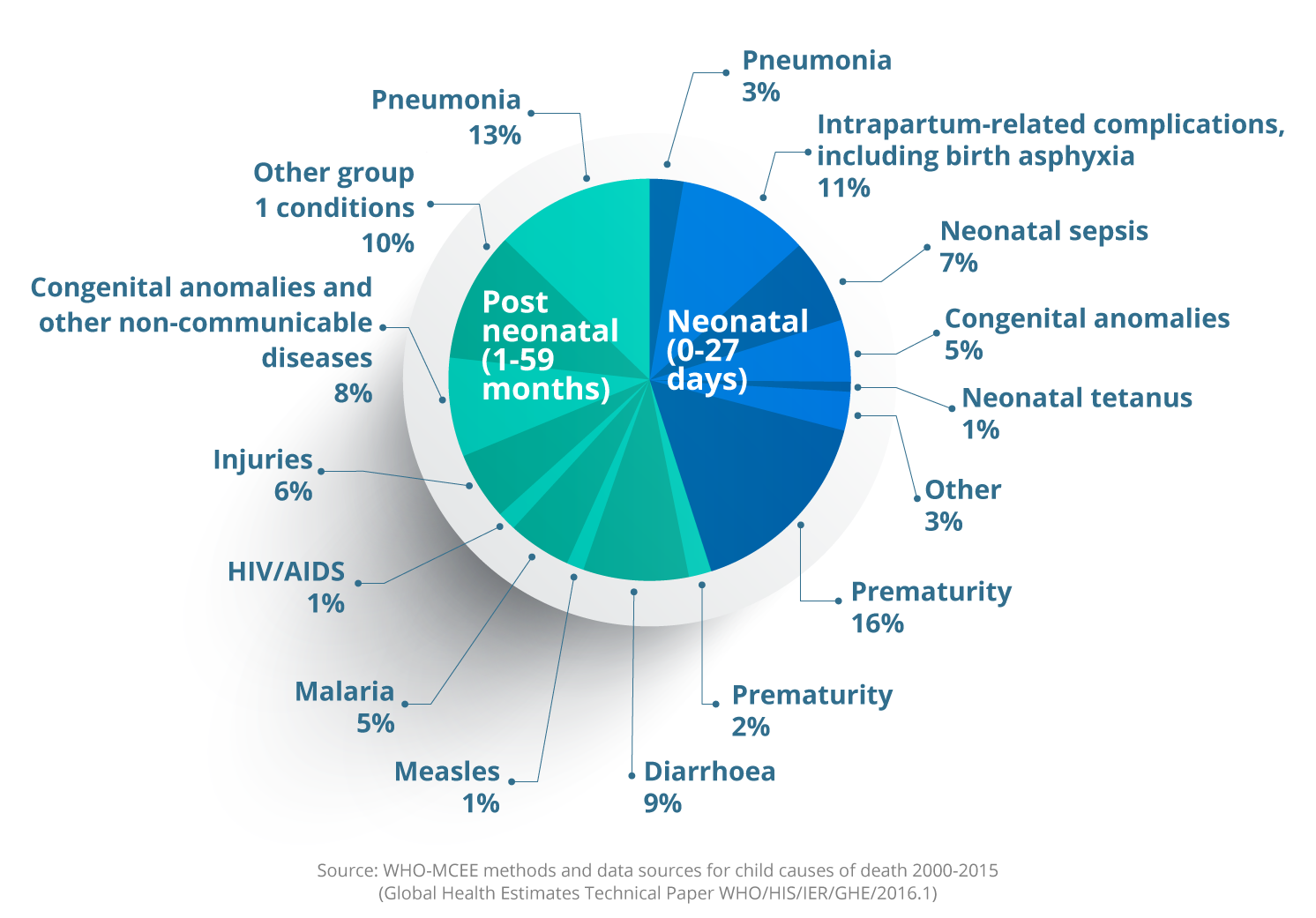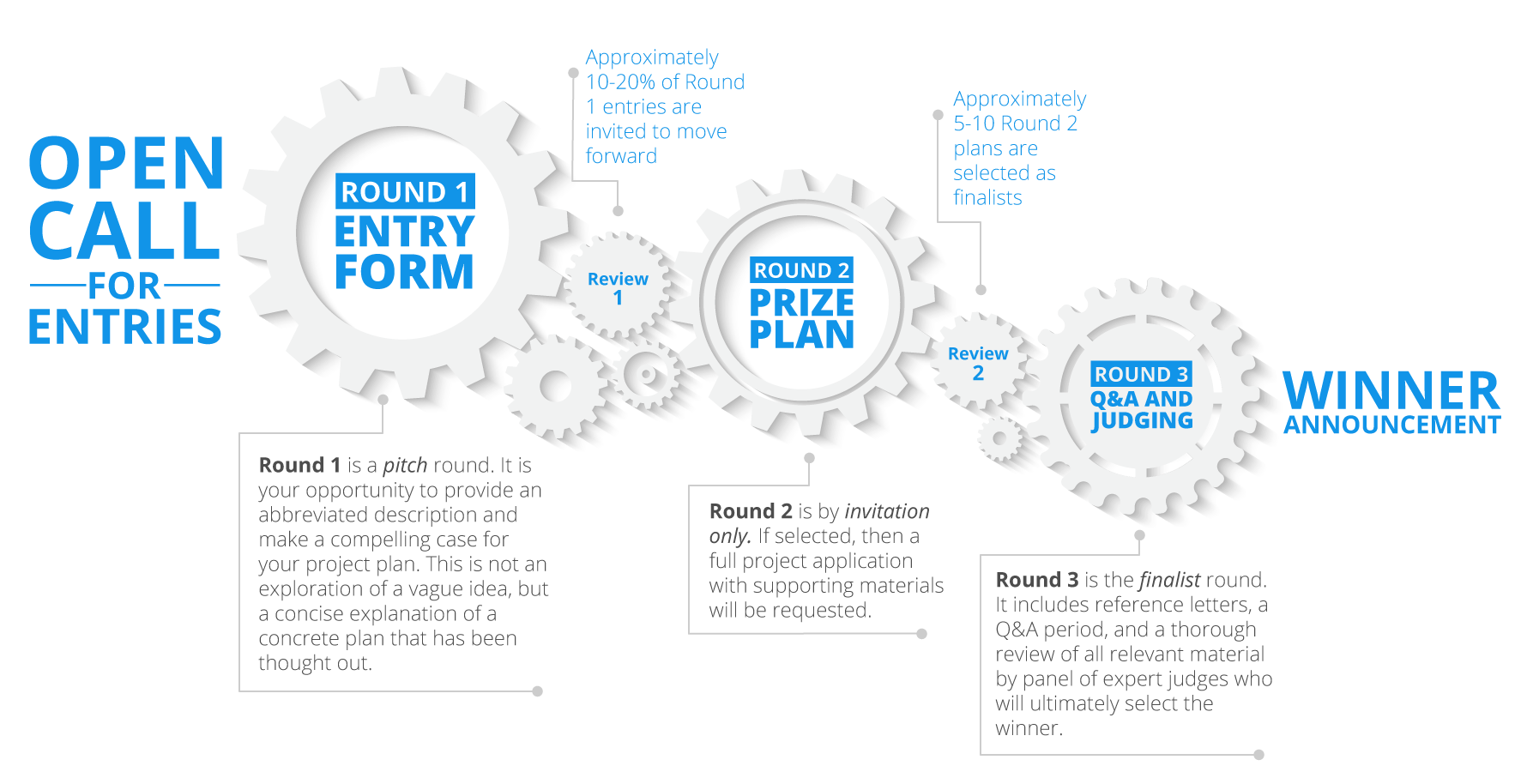Congratulations, Elina Naydenova! Our 2017 Prize winner.
The Children’s Prize is taking a sabbatical in 2018. Please check back for future prize programs.
Thank you to all who participated in the 2017 Children’s Prize competition. To learn more about the contest by reading the FAQ, Guidelines, and Privacy Policy.
The Problem
Child mortality is a core indicator for child health and well-being. Child survival remains an urgent concern. It is unacceptable that about 16,000 children still die every single day – equivalent to 11 deaths occurring every minute. The majority of these deaths can be attributed to treatable causes.
Infectious diseases (such as pneumonia and diarrhoea) and neonatal complications are responsible for the vast majority of under-five deaths globally. According to the latest estimates by WHO and the Maternal and Child Epidemiology Estimation Group, of the 5.9 million deaths in children under five that occurred in 2015, about half were caused by infectious diseases and conditions such as pneumonia, diarrhoea, malaria, meningitis, tetanus, HIV and measles.
The main killers of children under age five in 2015 included preterm birth complications (18%), pneumonia (16%), intrapartum-related complications (12%), diarrhoea (9%) and sepsis/ meningitis (9%). Importantly, almost half of all under-five deaths are attributable to undernutrition, while more than 80 percent of neonatal deaths occur among newborn infants of low birth weight in the highest burden settings.
The Challenge
Propose a ready-to-execute project plan that is focused on saving children’s lives under-five.
Projects are evaluated on their:
- ability to impact rates within a child mortality indicator (U5MR, IMR, NMR, etc.),
- effectiveness, innovation and scalability of the intervention approach within global health,
- feasibility of the proposed lives-saved estimate,
- probability of success,
- ease of verification, and
- inclusion of a process impact assessment.
To ensure that more children under the age of five survive and thrive, we must harness knowledge from around the world and across a broad range of disciplines to find the most effective solutions. Project proposals submitted may include, but are not limited to, intervention solutions in healthcare services, technology, education, infrastructure and agriculture.
The Prize & Process
The contest process includes three major rounds and two review periods. See details below.
Contest participation kicks off with the submission of the brief Round 1 entry form. After a review of all Round 1 submissions, applicants will be notified of their eligibility to continue. The Round 2 prize plan is by invitation, so only those applicants selected from Round 1 will be asked to provide a more detailed application and required supporting material. Once the second round closes, there will be an additional review period to select the finalists, and applicants will be notified of the decision. The finalists will have one more round, Round 3 Q&A and judging, where they will undergo a Q&A by the prize administrators and judges and a thorough review of all materials submitted by the expert panel. Once this final review is complete, the judges then vote for the Prize winner and the winner announcement is made.
Project proposals are accepted from applicants worldwide, and the contest is open to anyone meeting the criteria. An applicant may be an individual, organization or team. Note, all submissions must be in English only.
2018 Prize Schedule
Judging Committee
We are proud to introduce you to the prominent experts who volunteer their time and support our work. Our judges play a distinctive role in our dedication to excellence. They add expertise and rigor to the critique of the judging process, while also aiding in the selection of the Prize winner.




